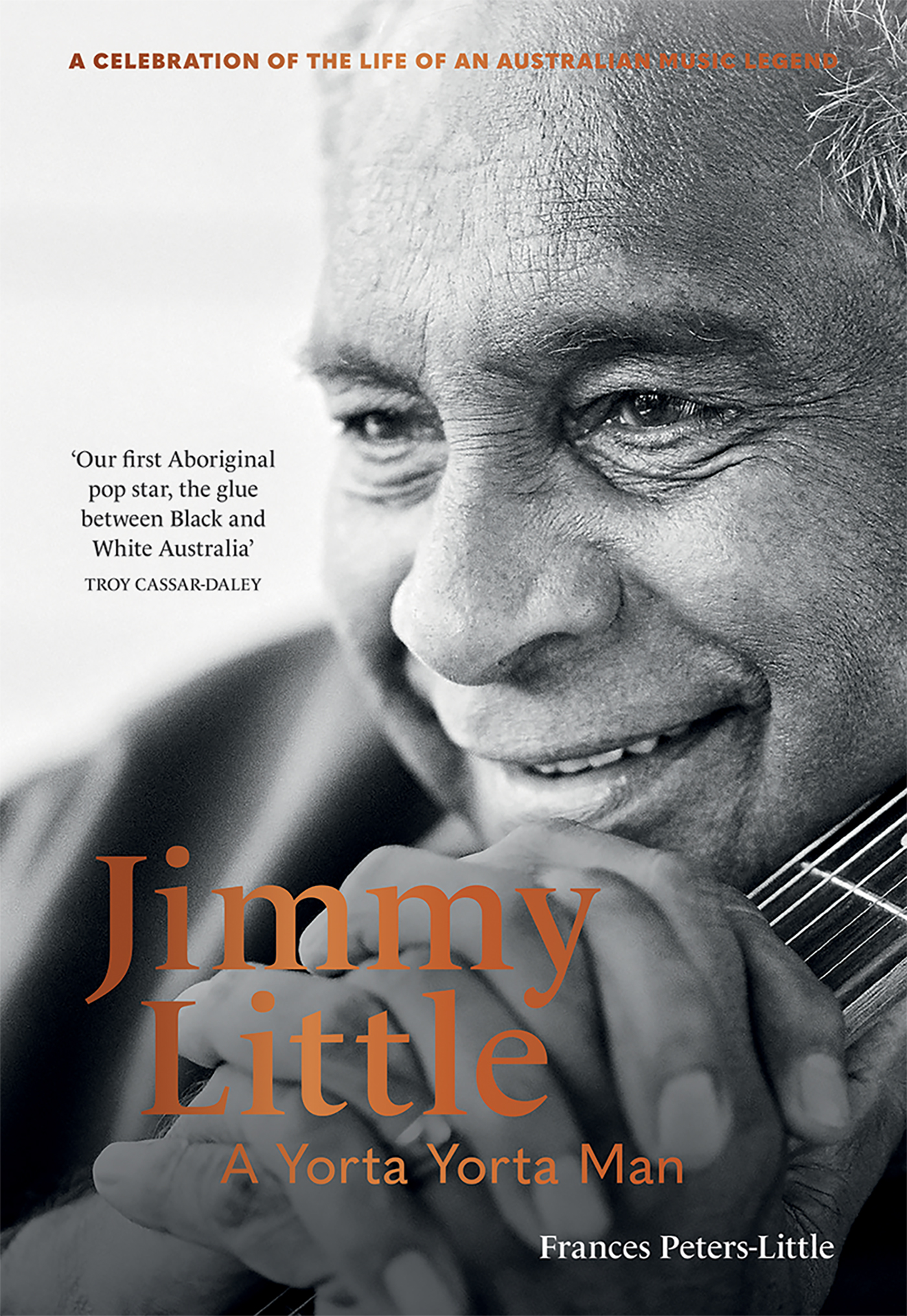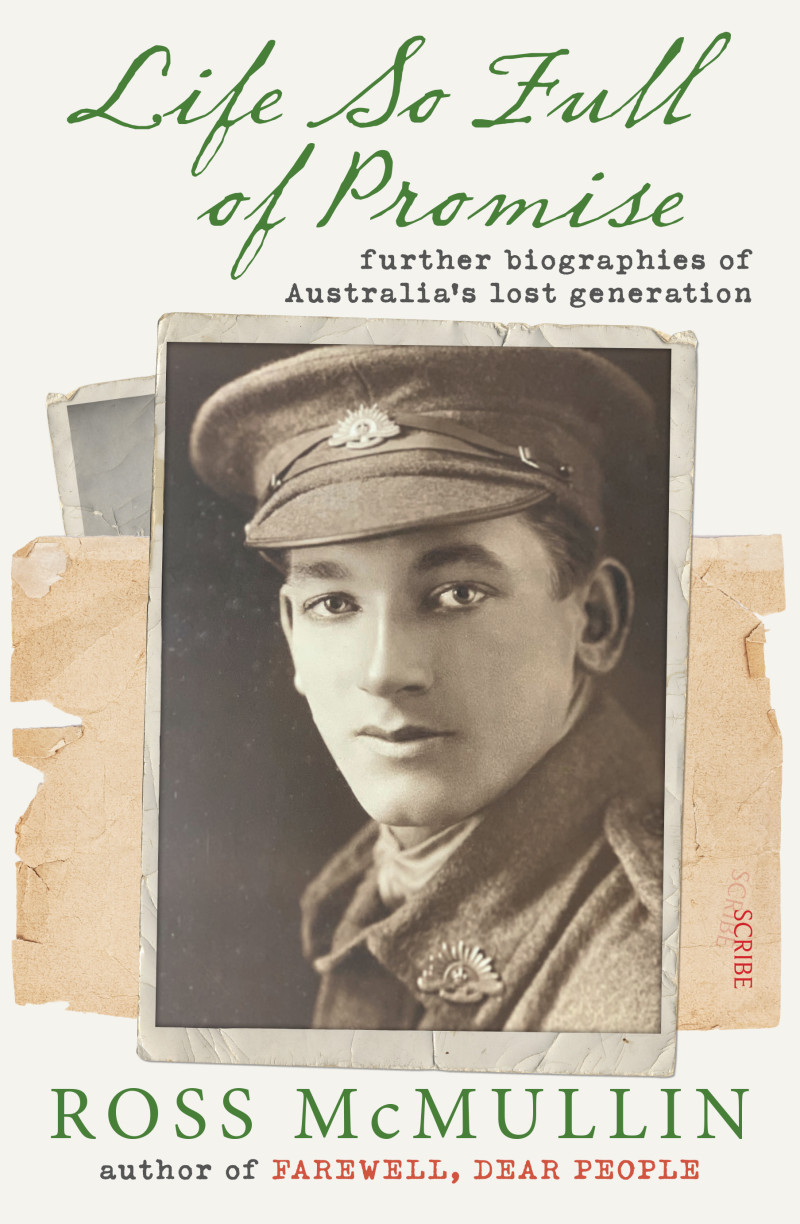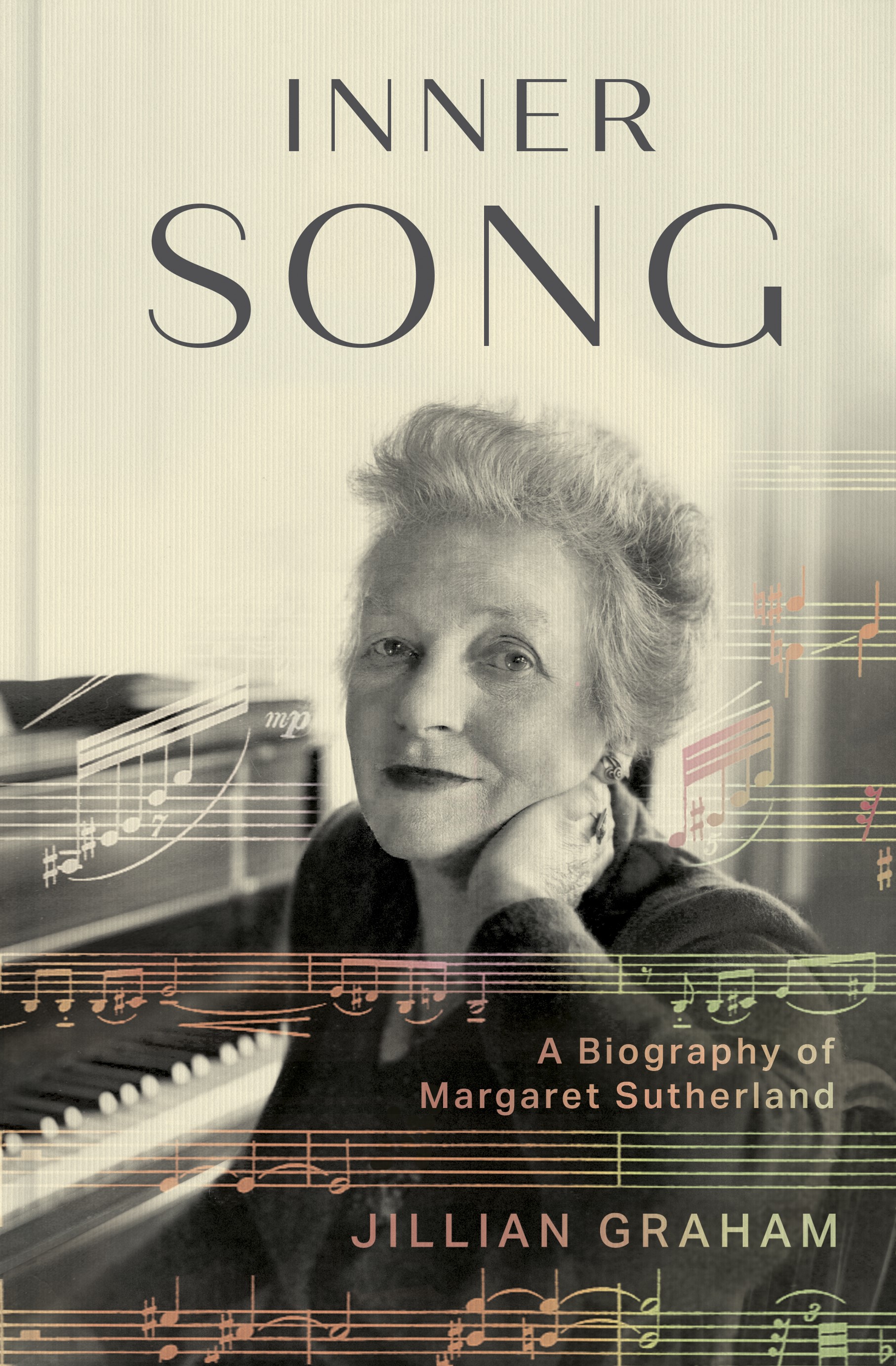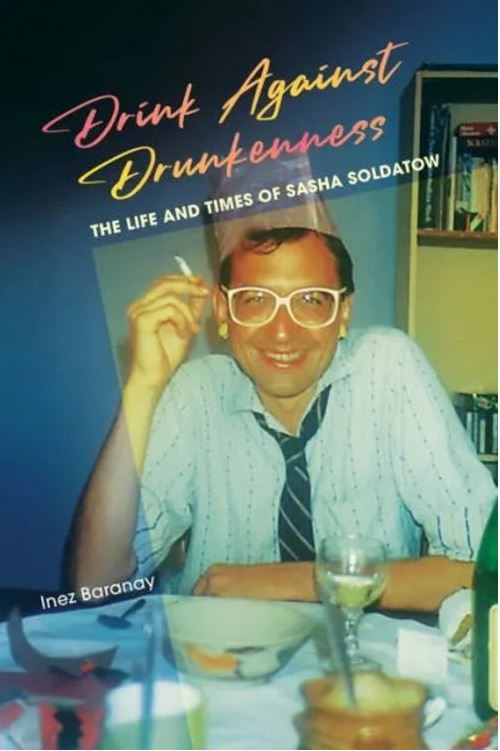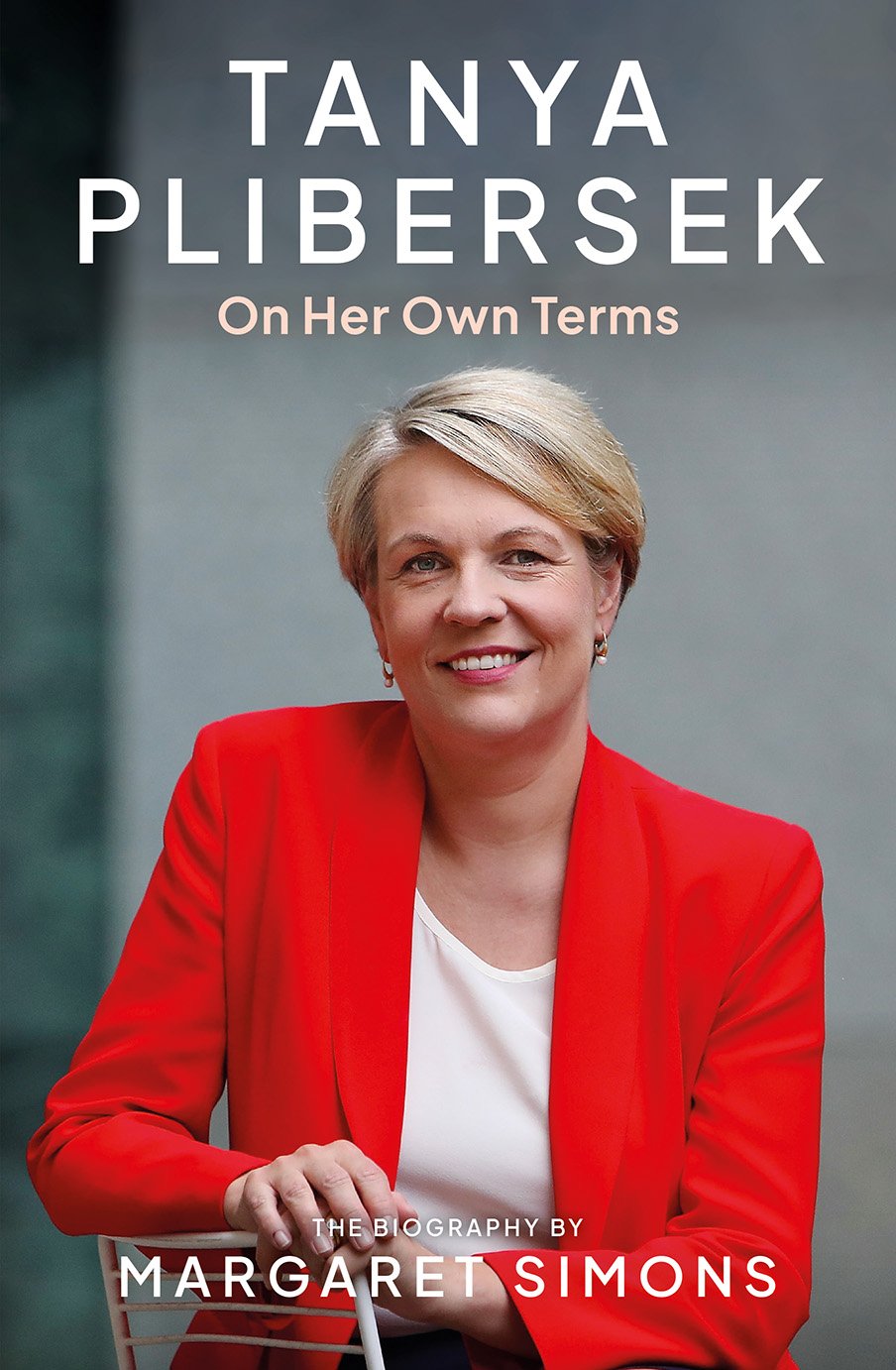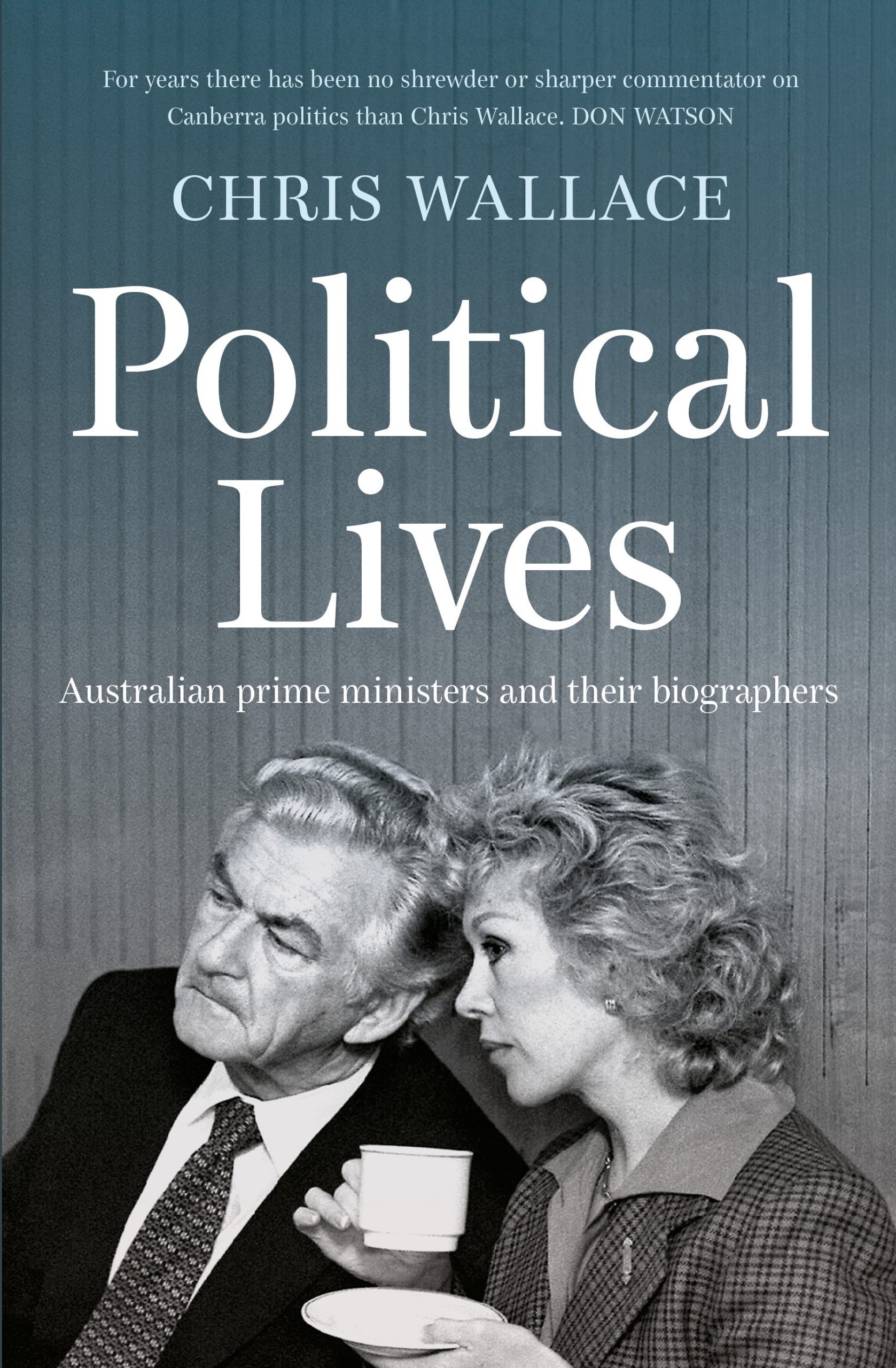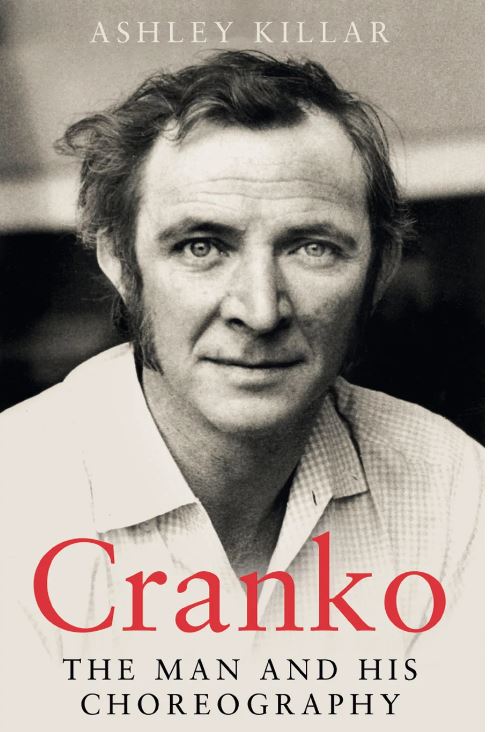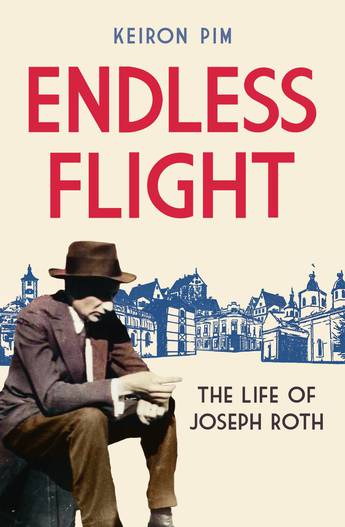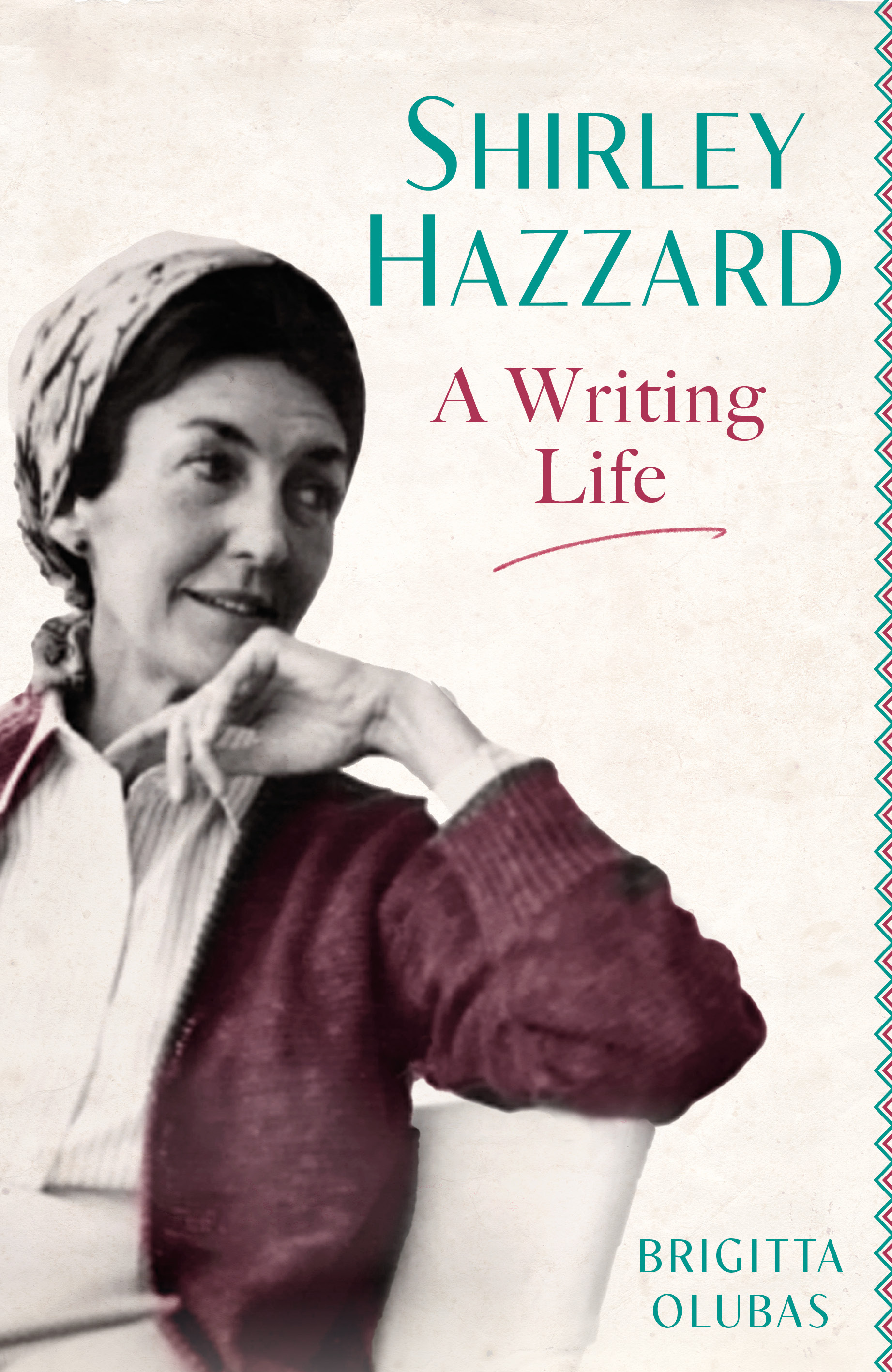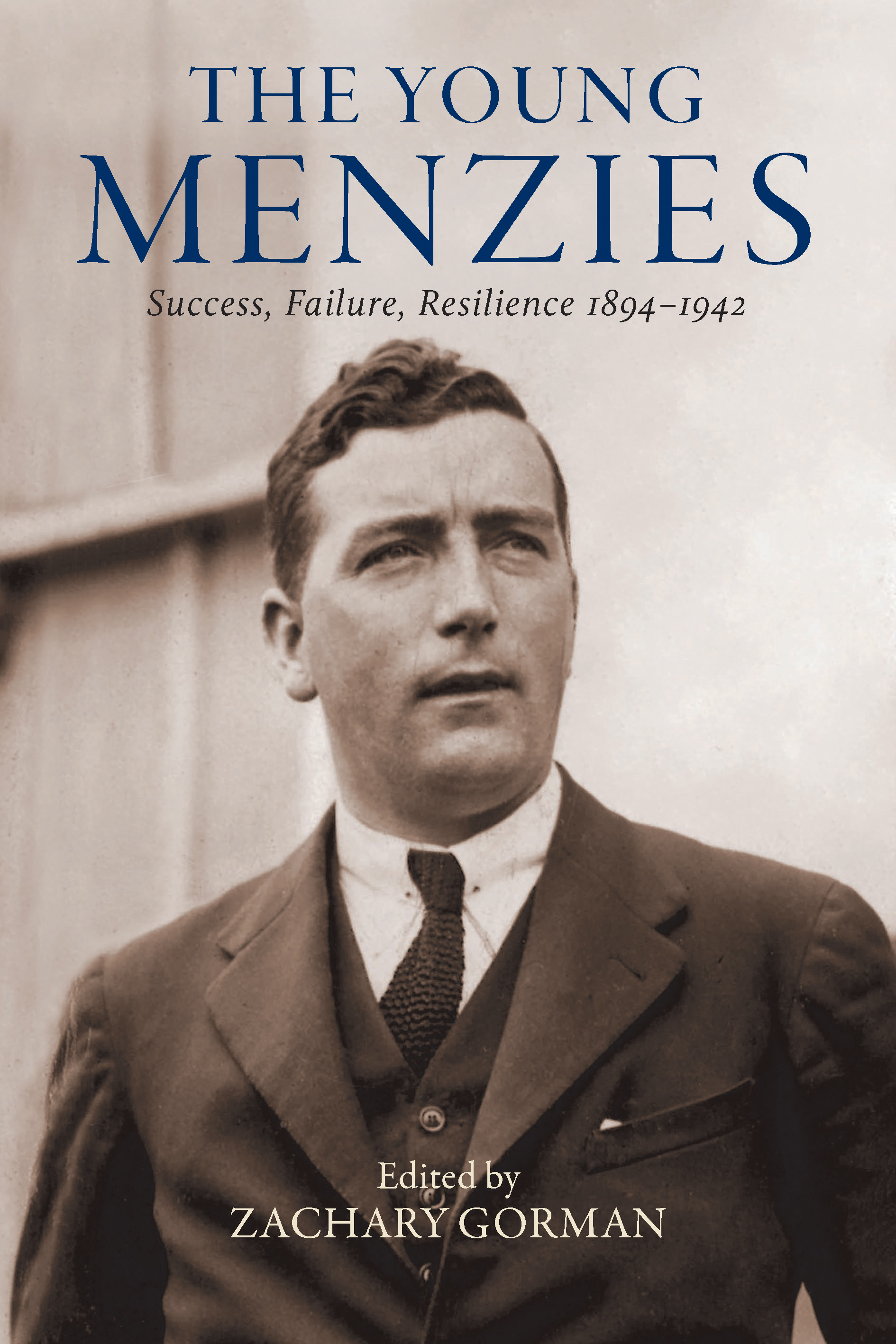Biography
The remarkable second act of Jimmy Little’s career commenced with the release of Messenger in 1999. The album was a selection of atmospheric renditions of classic Australian rock songs. In stark contrast to the reassuring homeliness of his earlier recordings, Little’s reading of them evoked an Australia of vast empty spaces, melancholy, and solitude. Those lucky enough to attend the concerts that followed were struck by his goodwill and by the assured mastery of his performance and the fineness of his voice, which hadn’t deteriorated with age.
... (read more)Life So Full Of Promise: Further biographies of Australia’s lost generation by Ross McMullin
Just over a decade ago, Ross McMullin published Farewell, Dear People (2012), a magisterial biography of ten remarkable Australians killed in World War I. The book met with much acclaim, including the award of the Prime Minister’s Prize for Australian History in 2013. Life So Full of Promise, a sequel to this volume, provides three more biographies of men whose early lives suggested that they would have made extraordinary contributions to Australian public life, had they survived the war.
... (read more)Jillian Graham begins her biography of Margaret Sutherland (1897–1984) with a story that vividly captures two themes that recur throughout the book: Sutherland’s activism, and her sometime exclusion from Australia’s institutional musical life as it developed through her lifetime.
... (read more)Drink Against Drunkenness: The life and times of Sasha Soldatow by Inez Baranay
Sasha Soldatow was a writer, gay activist, member of the Sydney Push, party animal, and bon vivant with legions of friends. In Drink Against Drunkenness, Inez Baranay maps the life like an archaeologist’s dig, though we are looking into the recent past (Soldatow died in 2006, not yet sixty). A fall in the icy streets of Moscow, in which his hip was broken and subsequently badly reset, heralded a steep decline; his alcoholism grew apace, and many of his friends tired of him. It was a sad end, yet he had a life full of daring: avant-garde writing and living freely as a gay man in a still repressive age.
... (read more)In early March 2023, Tanya Plibersek fronted an audience at the Australian National University to question historian Chris Wallace about her newly released account of twentieth-century prime ministers and their biographers. Coming shortly before the publication of Margaret Simons’s biography of her, Plibersek’s interest in the dynamics of writing about a living, breathing, vote-seeking politician seemed prompted by more than mere professional courtesy. ‘It’s like building a golem, in the shape of a person, in a way, isn’t it?’ she remarked. ‘And then you’re putting magic into it and animating it. It comes out of the mud.’
... (read more)Political Lives: Australian prime ministers and their biographers by Chris Wallace
We live in an age of leader- and media-centric politics. There is a name and a personality attached to every significant political initiative, and chief among them are prime ministers and premiers. Political junkies will be familiar with the torrent of ‘leader’ profiles generated by the press and well versed in identifying implicit bias. Yet we constitute a ready market for biographies of current (and perhaps rising) stars, and journalists are often first to seize the opportunity to write ‘the first draft of history’. How well do we understand the genre and its effects?
... (read more)Reading Ashley Killar’s compelling biography, Cranko: The man and his choreography, feels like studying the modernisation of ballet in three countries, the way ballet eats up lives as often as it forms families of peers and lovers, and the unending devotion required for creativity to flourish. It is pleasing to learn how a determined man with an ever-rattling mind, backed by a calm, philosophical manager, could challenge opera house dominance to make the Stuttgart Ballet an independent entity, with its own school supported by a philanthropic institution named after the city’s first ballet master of the 1750s, Jean-Georges Noverre, whom David Garrick called ‘the Shakespeare of the dance’.
... (read more)Joseph Roth (1894–1939) has been well served by translators, especially Michael Hofmann. His works are widely available and at least two are acknowledged masterpieces: Job (1930), a lyrical evocation of the fading world of the East European Jewish shtetl, and The Radetzky March (1932), Roth’s elegy for the lost Austro-Hungarian Empire. Until now there has been no English biography. Keiron Pim takes up the challenge with Endless Flight: The life of Joseph Roth. It is the product of wide-ranging scholarship, a deep immersion in Roth’s oeuvre, and travels in Ukraine, where Roth’s hometown Brody is now located. He shows us Roth as journalist and novelist ‘tracing the continent’s trajectory between the wars in prose of sublime lyricism’ and creating a voice for ‘the marginalised, the alienated and the dispossessed’.
... (read more)Shirley Hazzard challenged Auden’s line that poetry makes nothing happen. In her case, she said, poetry made everything happen. It was because she learned Italian as a teenager in order to read Leopardi in the original that she was sent, aged twenty-six, by the United Nations, to Italy, where she wrote ‘Harold’, the story about the awkward young poet that was published in the New Yorker in 1960, after which ‘everything changed’.
... (read more)The Young Menzies: Success, failure, resilience 1894–1942 edited by Zachary Gorman
Robert Menzies retired as prime minister more than fifty-three years ago and died in 1978, yet he remains not just a dominant figure in Australian political history but a strong influence on modern political affairs. As Zachary Gorman, editor of this latest book on Menzies, argues, ‘it has become almost a cliché to say that he built or at least shaped and moulded modern Australia’. He created the Liberal Party that has governed Australia for fifty of the past seventy-three years, and modern Liberal politicians still draw on Menzies’ ideals.
... (read more)
